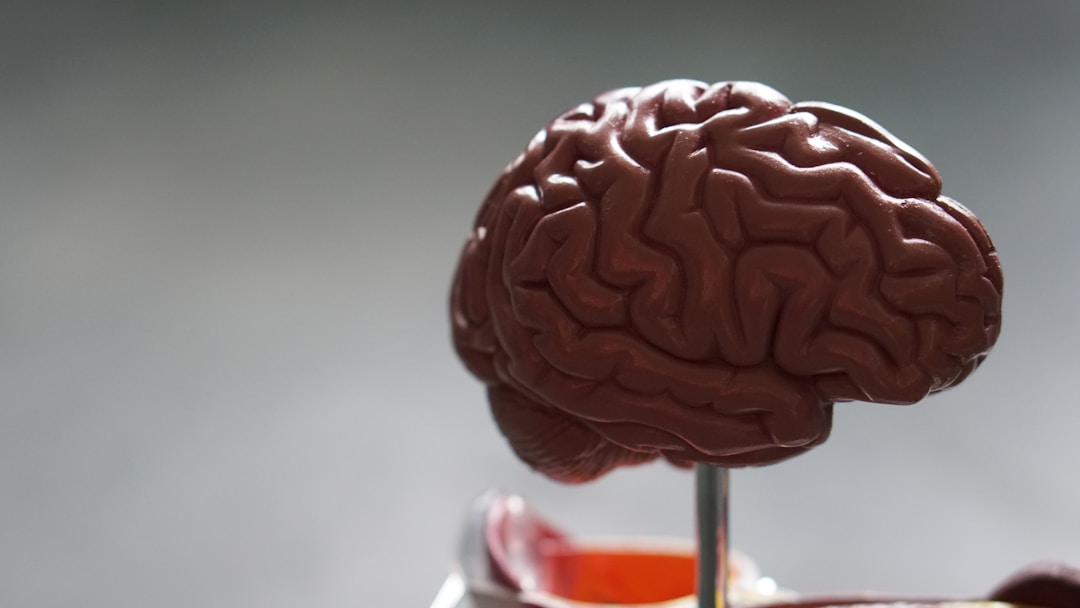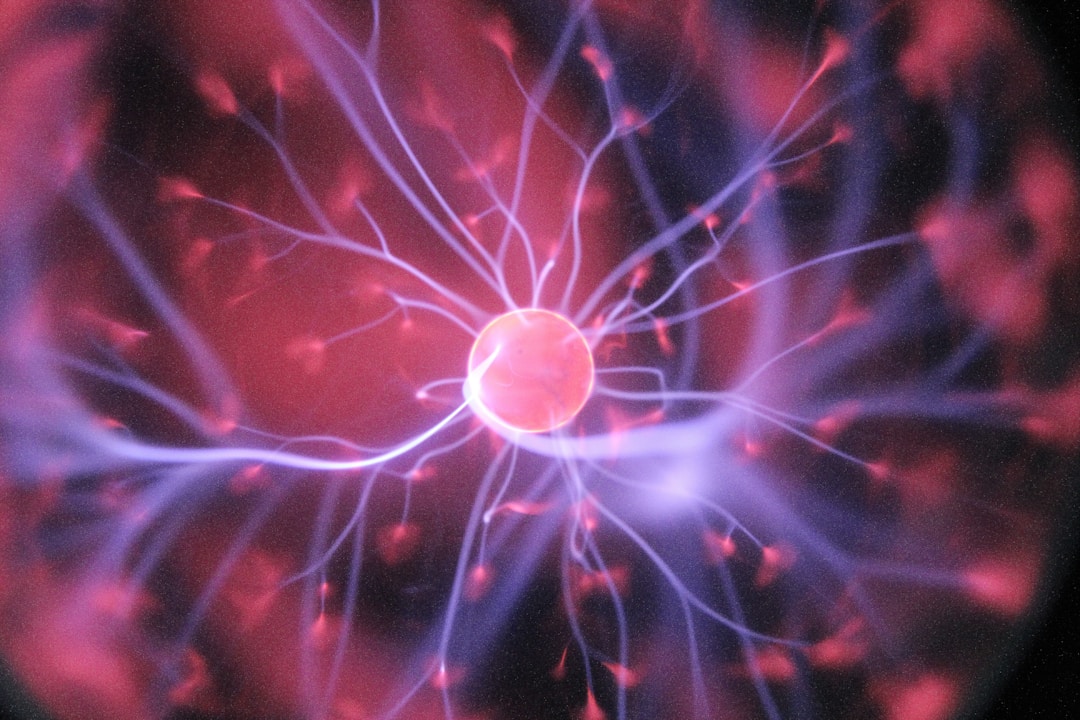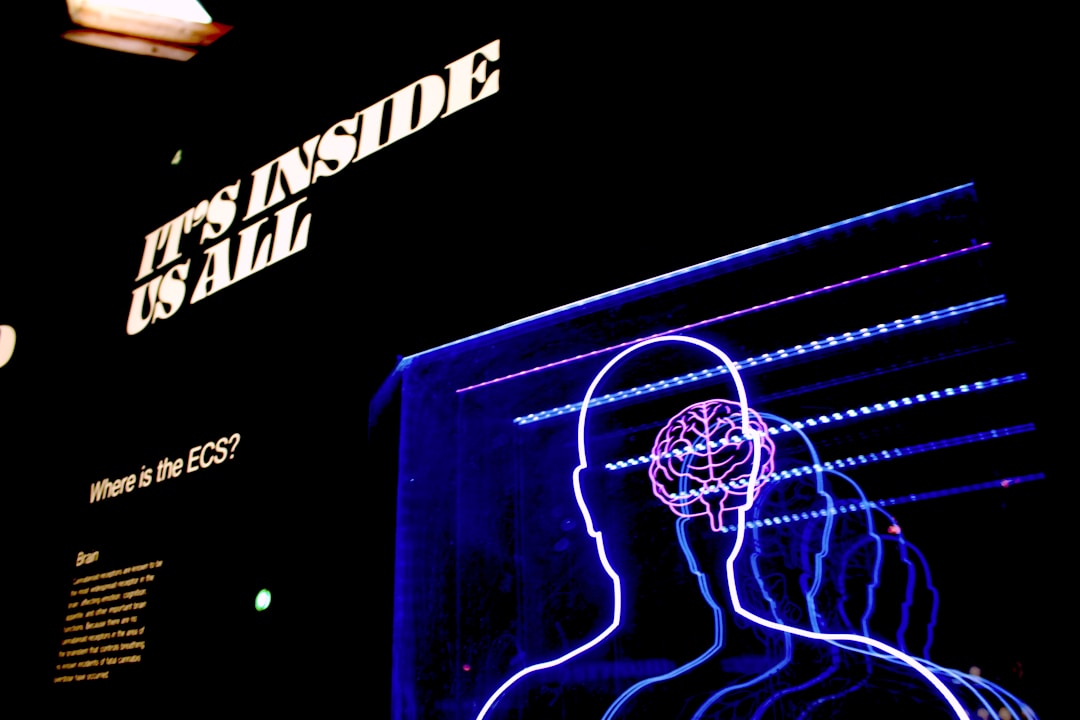As human beings age, certain changes happen to the brain, as with any part of the body. For a person with Alzheimer’s disease, though, these changes manifest with much more noticeable symptoms. Of course, there are many more obvious Alzheimer symptoms, like a decrease in executive function, loss of memory, and flattening of affect. Through the stages of Alzheimer’s, there are other brutal changes happening on a cellular level.
The Aging Brain

In the typical brain, aging leads the brain to shrink noticeably. At the same time, it’s important to note that this shrinkage does not, in most instances, lead to widespread damage or loss of neurons. With Alzheimer’s, however, that is very much the case. Alzheimer’s disease involves significant changes on the molecular and cellular levels, which scientists can examine in post-mortem tissue with the help of a microscope. While they don’t currently have a known cause for Alzheimer’s, the ever-increasing understanding of Alzheimer’s disease and dementia contributes to recognizing the cause and even potentially curing these potent forms of memory loss.
Destruction of Neurons
The widespread disruption, damage, and death of neurons and connections between neurons in the brain are hallmark signs of Alzheimer’s disease, initially in areas of the brain like the entorhinal cortex and hippocampus, which are involved in memory. As time goes on and the disease progresses, the same destruction will reach the cerebral cortex and other parts of the brain, impacting language, social abilities, reasoning, and other vital human traits. Eventually, Alzheimer’s patients are unable to live independently and may need a constant caregiver through the depths of this terminal disease.
Clumping Beta-Amyloid Proteins

Amyloid plaques are one such effect of Alzheimer’s on the brain. The beta-amyloid protein is formed by the breakdown of an amyloid precursor protein, a larger protein that leads to these toxic molecular forms. These proteins appear at abnormally high levels in the brain of a person with Alzheimer’s disease and clump together to form amyloid plaques. Through the stages of Alzheimer’s, these beta-amyloid clumps collect between neurons and disrupt cell function in various ways.
Accumulation of Tau
Like amyloid plaques, a protein known as tau accumulates at abnormal levels inside neurons, creating what are known as neurofibrillary tangles. While tau stabilizes microtubules (structures that guide nutrients from the cell body) in a healthy brain, a brain with Alzheimer’s disease finds the same tau proteins sticking to the same kinds of molecules, forming these disastrous tangles. These block the synaptic communication between neurons. In fact, some experts suggest that the changes within an Alzheimer’s-afflicted brain may occur, at least in part, due to the interactions of both beta-amyloid and tau at abnormal levels.
Chronic Inflammation

Within the brain of someone with Alzheimer’s disease, chronic inflammation is another serious issue. Current evidence suggests that this inflammation is caused by the buildup of microglia, a type of glial cell that destroys debris, such as beta-amyloid plaques within the brain. Alzheimer’s causes these microglia to fail at cleaning away debris, though experts have not yet identified why this failure occurs. In addition, microglia and astrocytes, another glial cell, harm neurons and cause chronic inflammation within the Alzheimer’s brain.
Brain Atrophy
Through the stages of Alzheimer’s disease, neuron connections break as various regions of the brain shrink. With neurons becoming injured and dying, the terminal phase of Alzheimer’s disease leads to a widespread process known as brain atrophy, in which the brain loses significant volume. The symptoms of brain atrophy include memory loss, seizures, and aphasias, and while there are other causes, at least 60 percent of brain atrophy cases are attributed to Alzheimer’s disease or dementia.



